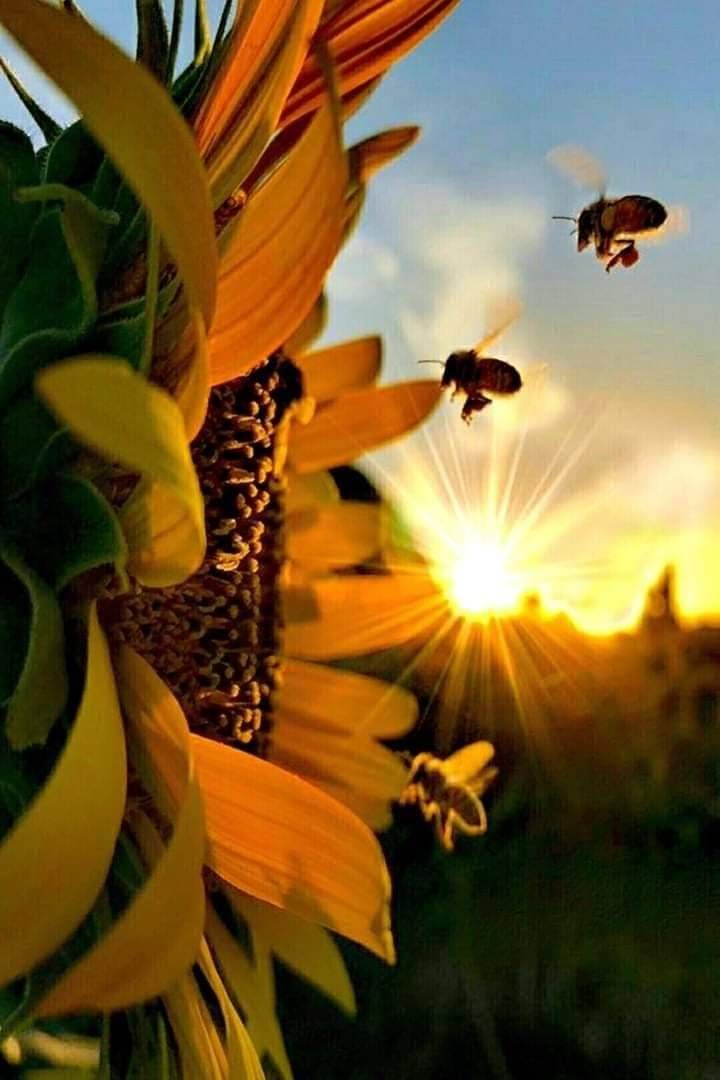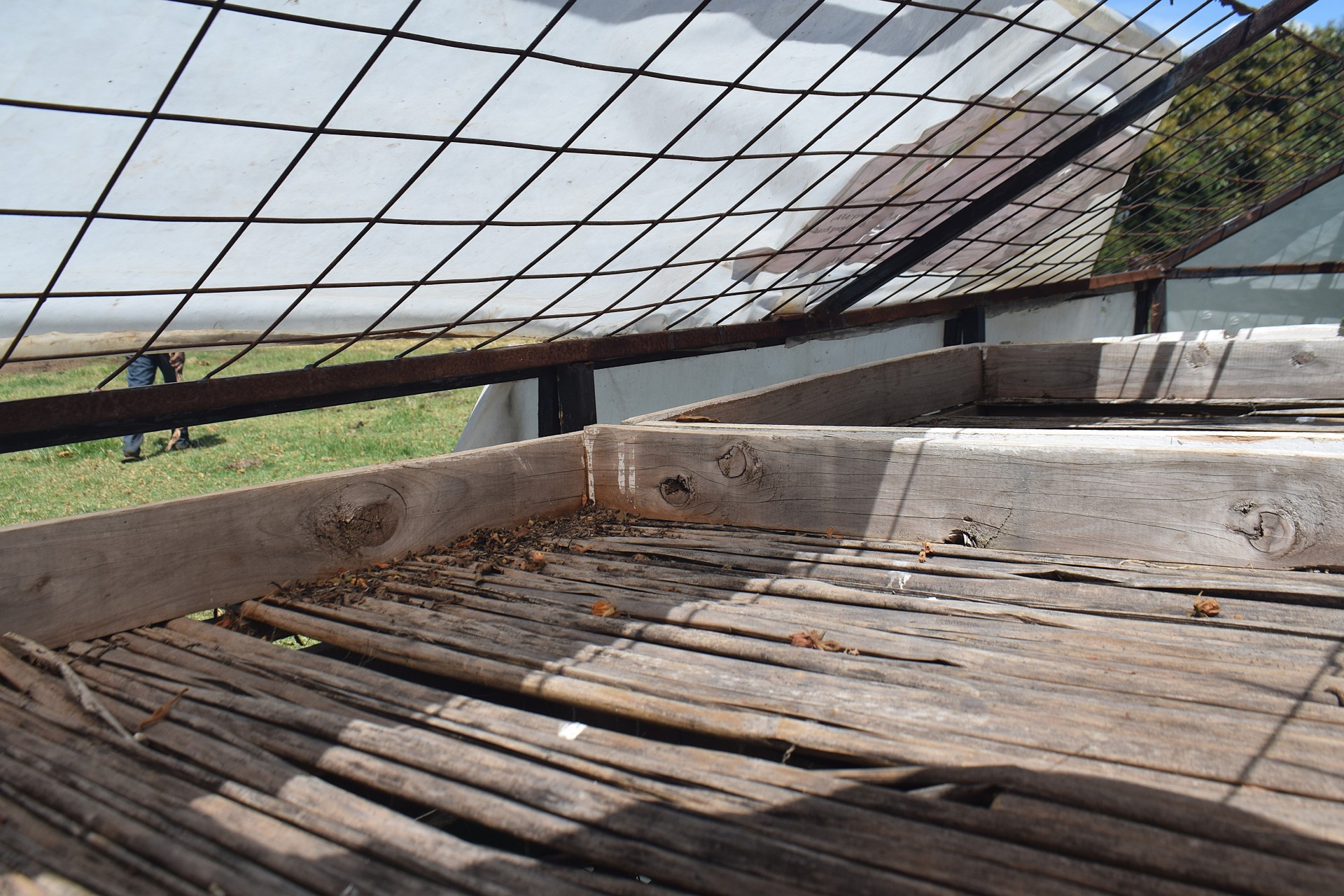- Bees are essential to our livelihood as they help pollinate most food crops; seen or not seen, they work to contribute to the world's food security.
- A particular species of bee pollinate some species of plants. A world without bees will potentially starve.
May 20th marks World Bees Day, a special day for bees and other pollinators who work together to create a sustainable ecosystem.
The celebration is a global event dedicated to raising awareness about the role of bees in agriculture and the ecosystem. The tiny pollinators are behind the growth of many fruits and vegetables we enjoy daily; however, human activities like pesticides, habitat destruction and air pollution threaten their existence.
The United Nations established World Bees Day in 2017, aiming to highlight the importance of bees and encourage actions to protect them.
This year's theme, "Bee Engaged," calls for individuals, communities, and the government to join the movement to create a bee-friendly environment.
The beekeeping pioneer Anton Janša was born on May 20, 1734. A Slovenian who took beekeeping seriously, he and his nation were given the motto 'Land of Good Beekeepers'.
Read More
Slovenia is known for its beekeeping tourism, a tradition displayed with virtual tours of apiaries and honey tasting, among other things. It stands as a global inspiration for the protection of bees.
In Kenya, there needs to be more conversation about beekeeping, and training institutions remain dormant. The need for modern systems is another hindrance to the practice despite Kenya's mild climate and moderate temperatures.
Baringo, Makueni, Kitui, and Kajiado are potential areas for the country's apiculture.
More than 20,000 bee species are worldwide; Australia is a native home for more than 2,000 species.
Bees are essential to our livelihood as they help pollinate most food crops; seen or not seen, they work to contribute to the world's food security.
A particular species of bee pollinate some species of plants. A world without bees will potentially starve.
Bees play another crucial role in maintaining the ecosystem by purifying the air, regulating climate, building the soil, and recycling nutrients.
Honey, on the other hand, has antiseptic properties for dressing wounds and first aid for burns and cuts.
Two million nectar flowers make one pound of such honey. These excellent pollinators communicate through dancing.
Let's recognise the hard work of these animals and their dedication not only to producing sweet honey but also to enhancing sustainable biodiversity.





-1769677767.jpg)
